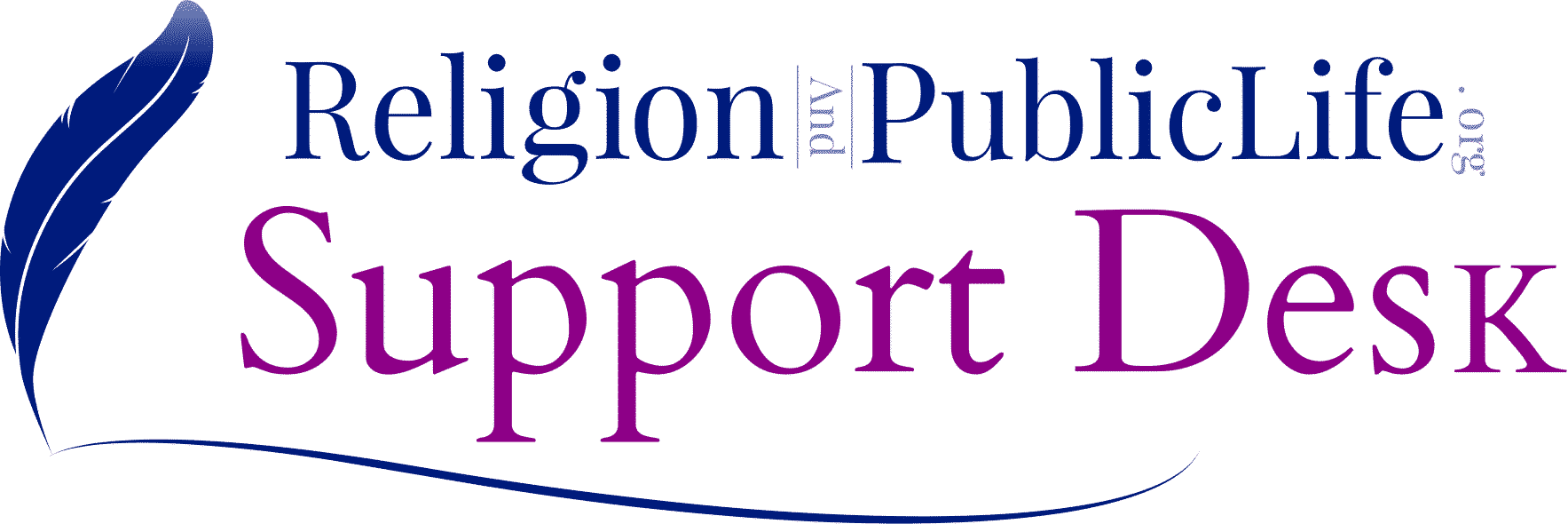Pluralism
Aware of the limitations of using only a “diversity” framework, Michael D. Waggoner and Nathan C. Walker, wrote in The Oxford Handbook of Religion and American Education that pluralism advances the idea that freedom of religion is a constitutional guarantee and a fundamental human right.
Unlike the self-selection process of privatism that can lead religious groups to segregate themselves from civil society, and unlike the legal agenda of secularism that can lead to government hostility toward private religious practices, pluralism argues that in one of the most religiously diverse countries in the world, the public square and public schools must serve as holding grounds for citizens to engage one another’s differences.
Pluralism is not simply a synonym for diversity, as Diana L. Eck explains that diversity is the evidence of difference, whereas pluralism is the engagement in that difference; pluralism is not religious relativism but an expression of individual commitments.
“First, pluralism is not the sheer fact of diversity alone, but is active engagement with that diversity…. Second, pluralism is more than the mere tolerance of differences; it requires knowledge of them… Third, pluralism is not simply relativism, but makes room for real and different religious commitments… Fourth, pluralism in America is clearly based on the common ground rules of the First Amendment to the Constitution: “no establishment” of religion and the “free exercise” of religion… Fifth, pluralism requires the nurturing of constructive dialogue to reveal both common understandings and real differences.” Read More >>
One way to achieve these goals is for public schools, as we advocate at ReligionAndPublicLife.com, to adopt the policy agenda that religious literacy is a compelling state interest. This means that governments of pluralist democracies require graduates of public schools to demonstrate knowledge of religions and how religion manifests in people’s lives. This is essential if students are to understand how various religious traditions use distinct sources of authority to govern their own communities and how individuals who affiliate with those religions may use those same sources differently to inform their own participation in a democracy. In this way, the state seeks not to banish religion from the public arena, but rather to treat the government as one arena in which citizens gain understanding about one another’s differences, including religious ones.
We work from the premise that mutual understanding is neither endorsement, nor advancement, nor exclusion of religion. Aware that the United States is one of the most religiously diverse nations in the world, pluralists demonstrate, as we do in this curriculum, that the purpose of public schools is to strengthen democracy through increased knowledge of and engagement with one another, including citizens’ religious diversity.
References: Diana L. Eck, “From Diversity to Pluralism,” Harvard Religious Pluralism Project. Cambridge, Massachusetts, and “Introduction” in Michael D. Waggoner and Nathan C. Walker, eds., The Oxford Handbook of Religion and American Education. New York: Oxford University Press, 2018.
Nate Walker is the author of this solution article.
Did you find it helpful? Yes No




